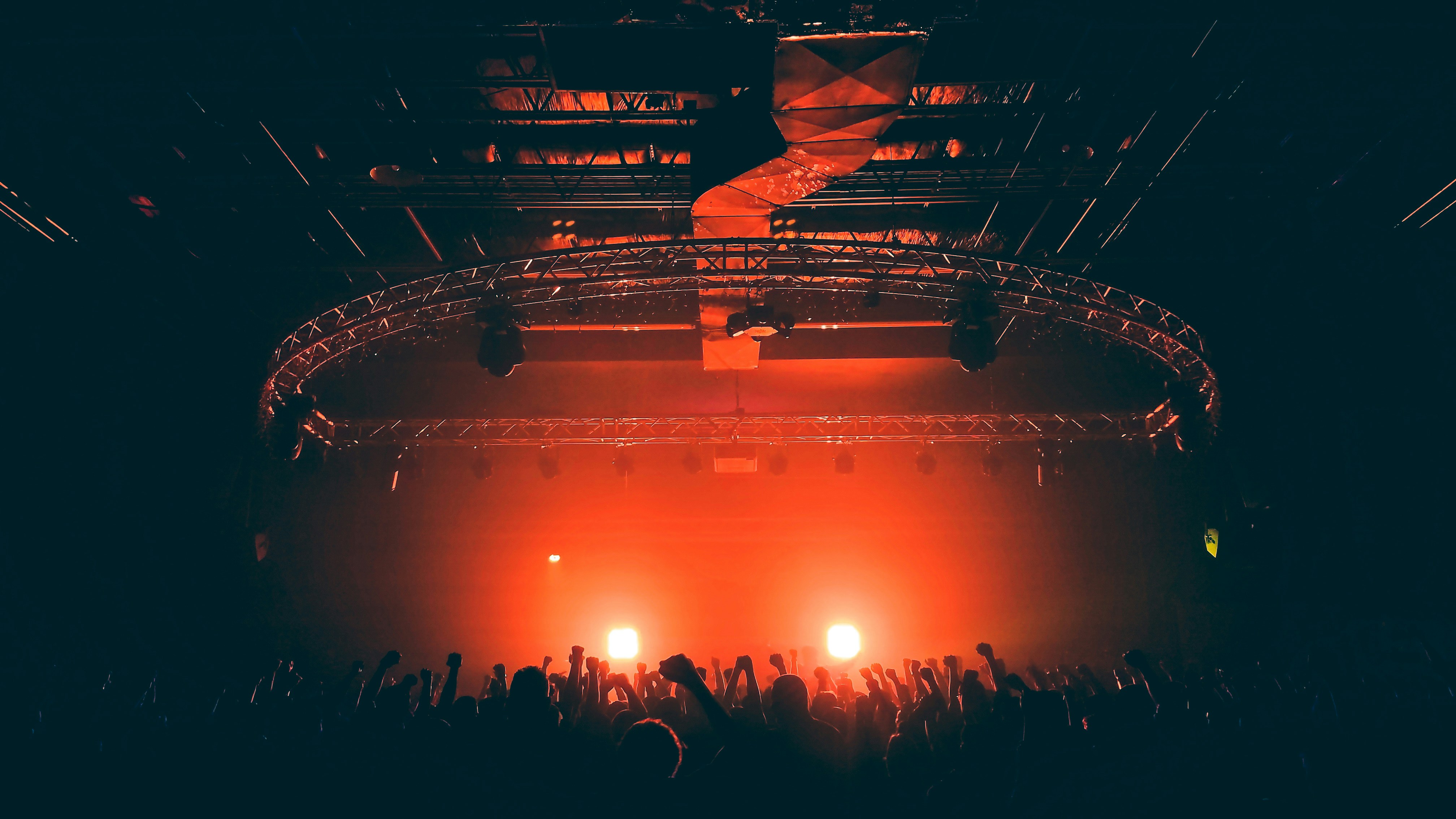Article
Inside the bones of an abandoned train station, we brought noise back to life. “Terminal Echo” transformed a forgotten industrial space into a living, vibrating monument to rhythm and decay. The air was thick with memory — dust, rust, and distortion merging into something that felt like history learning how to dance again.
A. Álvarez
Sep 22, 2023
The idea behind “Terminal Echo” came from a simple thought: what if we could make history audible again? The location — an abandoned terminal that once moved thousands — carried silence like a wound. We filled it with bass, synth, and light until the building began to breathe. The echoes were haunting, each note ricocheting off walls that had once heard trains, announcements, and goodbyes. The show wasn’t about nostalgia — it was about reclamation. We weren’t erasing the past, but letting it pulse again under modern sound. The station didn’t just host music; it became music. For one night, time collapsed — the old met the new, and both left changed.
Why do you think abandoned spaces work so well for live experiences?
Because they carry emotion before we even step in. Every crack and echo is part of a story that no one told us but everyone can feel. When you bring people into that kind of space, you’re not creating energy — you’re uncovering it. “Terminal Echo” wasn’t about rebuilding; it was about reactivating. Music gave shape to what was invisible — history, memory, absence. In the end, the building wasn’t our venue; it was our collaborator.You stop treating visuals as decoration. Light isn’t just to be seen — it’s to be felt. We worked frame by frame, composing with shadows, letting silence dictate color. The show became a dialogue between brightness and darkness, rhythm and stillness. People didn’t need to understand it — they just needed to surrender to it. The beauty of “Silver Frame” was that it refused clarity; it thrived in ambiguity. That’s where emotion hides — not in clarity, but in confusion that still feels true.

“Ruins already have rhythm — you just have to play loud enough to hear it.”
Santiago Ruiz, Event Producer


